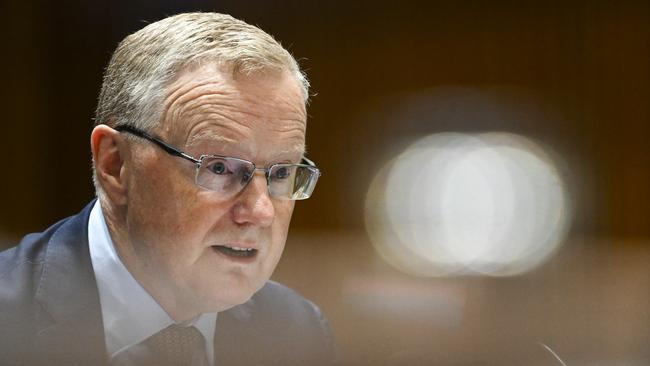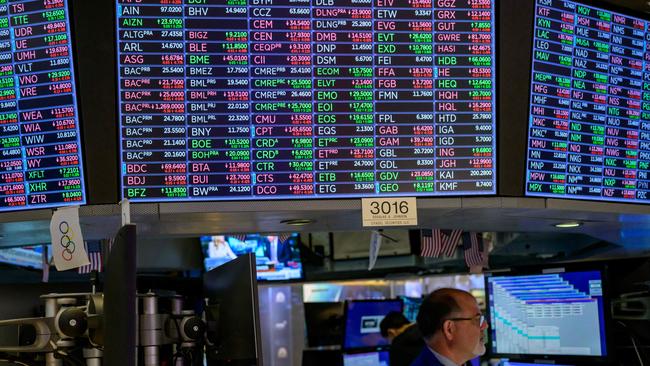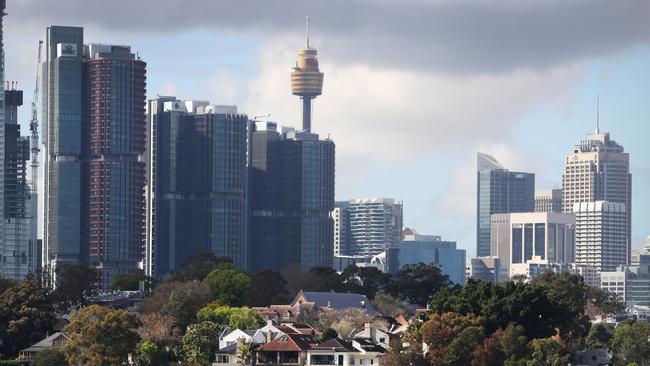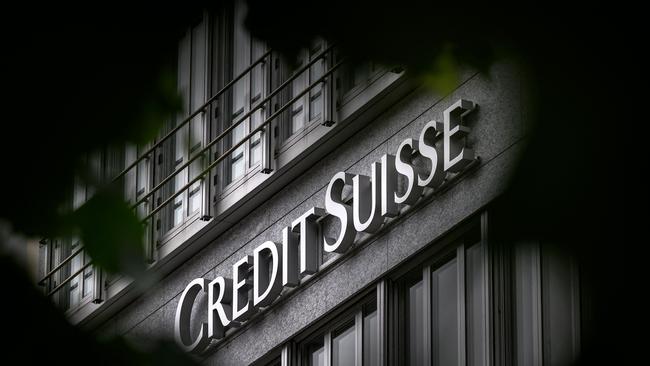
Many of the world’s central banks, led by the US Federal Reserve and Reserve Bank of Australia, now realise they made horrendous mistakes in overstimulating their economies. Accordingly, they are incredibly nervous that they will make the same mistakes in reverse as they attempt to slow the economies down.
That central bank hesitancy and nervousness is going to continue to create great volatility in our share and bond markets, classically illustrated in the last few weeks with big falls followed by strong rises.
The US Federal Reserve is a perfect illustration.
Like other countries in the stimulation phase, they relied too much on data and not enough on what was actually happening in the economy.
Now they have boldly declared that they will raise interest rates to whatever level is necessary to stamp out US inflation.
But as I described last week in my column on Powell’s power unleashing havoc or recovery,” they watched the western world economic system starting to crumble in the face of higher US interest rates and American dollar.
The Fed became nervous that could trigger a very severe western world downturn and those fears have seeped into market thinking.

And so, this week, at the slightest sign of a US downturn the word spread around Wall Street that draconian interest rates might not be necessary.
Money flooded into shares and bonds further boosted by shorters covering.
Paradoxically, the share and bond market rises may restore the Federal Reserve’s confidence that the world can in fact stand harsh US medicine – a scary prospect for markets.
Here in Australia, the Reserve Bank board is even more tense because it has a government inquiry looking into the horrendous mistakes in waiting on out-of-data to show that inflation was breaking out rather than obtaining on-ground current intelligence.
In the current higher interest rate environment, the Commonwealth Bank, which was the major mortgage lender when the housing market was booming, is chillingly warning the Reserve Bank board that, once again, they are getting it wrong and by setting their so-called “neutral interest rate” too high.
The Commonwealth Bank believes that any increases in interest rate above 1.25 per cent will smash the economy.
Rates have been lifted by 2.6 per cent.
And the CBA has also warned the Reserve Bank that it there is a two to three month delay between rate rises and cash leaving mortgagees pockets.
Myself and other commentators have alerted the Reserve Bank that in the first weeks in September there was a minor slowdown in discretionary retail sales.
The combination of those warnings contributed to Reserve Bank increasing interest rates by only a quarter of a per cent rather than a half a per cent that the market was expecting.
It is important to understand that Australia is a two-tier society and that there are a large number of affluent people with money to spend and the prospect of rising prices accelerates their outlays on non-discretionary items.

And so, I can now report that the easing we saw in September has not triggered further deterioration in those enterprises benefiting from spending from the affluent.
The testing time will come around December/January.
Here in Australia, there remains excess liquidity and bank deposits remain very strong which is why depositors are copping it in the neck — the banks don’t need the money.
However, the overall nervousness is triggering a rush to quality and that means that in the coming six to 12 months it will be non-bank institutions and lesser quality borrowers that will be put under most pressure.
In Australia, our problems will rise from the 30 per cent of total mortgage holders who bought dwellings in the last two years and higher-risk institutions who obtained loan money in the rush for yield.
On the global stage, the speculation of Vladimir Putin moving nuclear weapons towards Ukraine sends a shiver down global spines.
On the banking front, I don’t believe the Credit Suisse problems will create a Lehman-style crisis.

If Credit Suisse can’t sort itself out, it will be absorbed into the Swiss banking system.
But the so called “LDI” derivative products in the UK are a more serious issue for Europe. Defined benefit pensions providers need to make sure that their assets, such as stocks and bonds, can generate enough cash to meet liabilities – the monthly payouts guaranteed to pensioners.
LDI’s help them match assets and cash liabilities.
Some $US1.7 trillion were issued, but the system broke down when UK bonds collapsed, forcing its central bank to quickly intervene.
We are living in a world where there are no certainties.
No-one can predict how the Ukraine situation will evolve and we have rarely encountered a situation where delinquent central banks having allowed inflation to become out of control, have limited weapons to control it and could overreact, creating severe downturns.
The good news for Australia is that our banks and most of our corporations are in good shape. Government debt is too high and there is a segment of the population that is dangerously over borrowed.
Perhaps our greatest fear should be a global raid on the Australian dollar, which would send our inflation upwards forcing draconian action by the Reserve Bank.




Two powerful forces have spectacularly driven global bond yields down and shares up – vast amounts of investible cash on the sidelines and very nervous central banks.